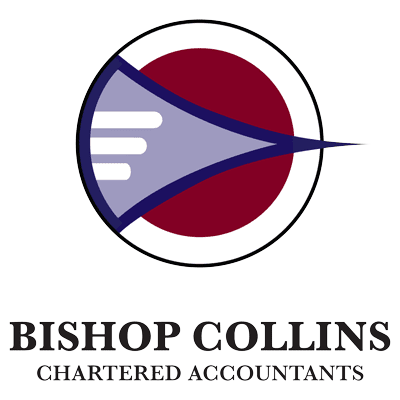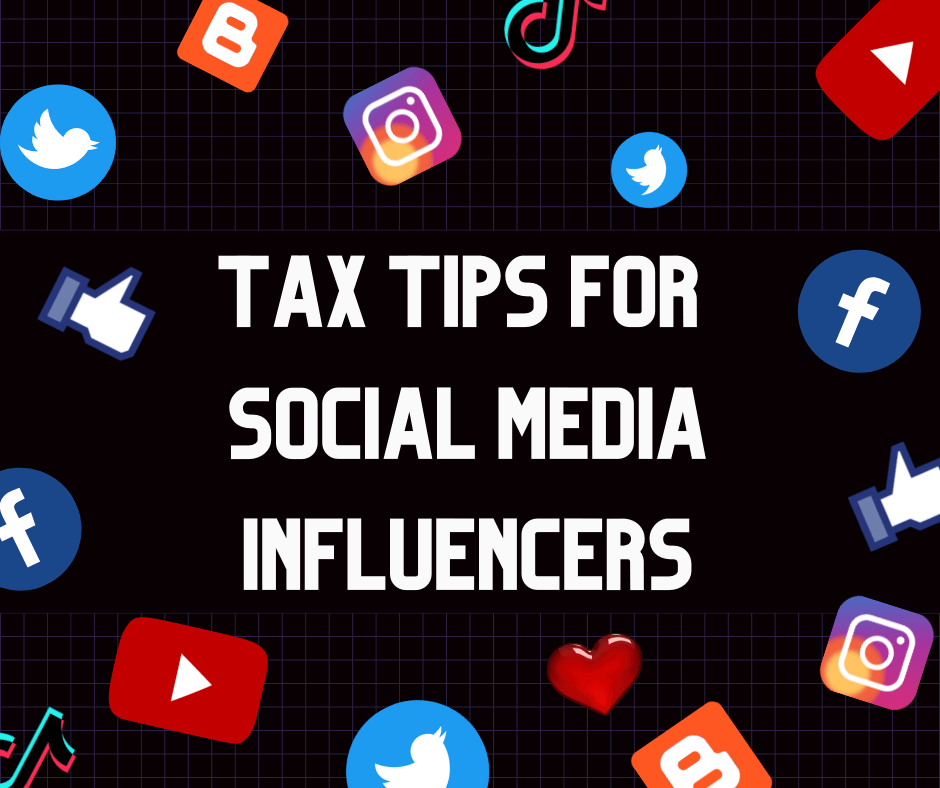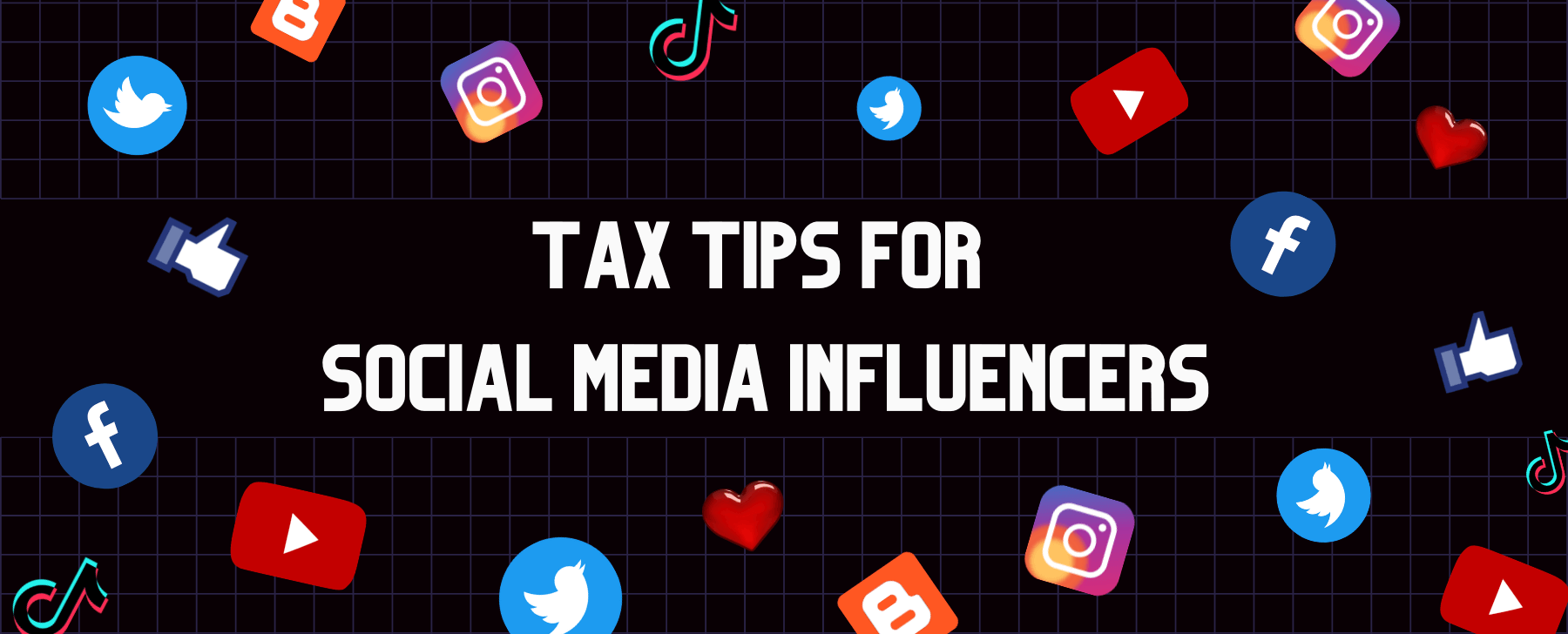The number of social media influencers in Australia is increasing, and so is the level of revenue generated by those “influencers”. As an influencer, there are several things you need to consider to comply with tax obligations required by the ATO.
Musicians, bloggers, vloggers and other social media “influencers” in Australia must pay tax on any income made through sponsorships and endorsements, including non-cash benefits. This information may be surprising to most Insta-famous celebs who started out thinking that their freebies or money made from spruiking products and brands weren’t counted as part of their income tax. However, under existing tax rules, influencers, bloggers, or any Social Media celebrities running a business and receiving cash and/or non-cash revenue/benefits must include this as assessable income.
Some Influencers and Celebrities have been creating licensing structures to effectively pass income over to another entity to access favourable tax treatment. In the 2018-19 budget, the Tax integrity – Taxation of income for an individual face or image was announced. It aims to ensure that from 1 July 2019, all remuneration, both cash and non-cash benefits provided for the commercial exploitation of a persons face or image, will be included in the assessable income of that individual, thereby removing these advantageous tax treatments created by licensing structures. This has been referred to as the Instax or Instagram Tax. Please note that at the date of this article, this is still under review and has not been passed into law. However, this does not mean that revenue or benefits from running a business as an Influencer, Blogger, Vlogger or Celebrity are not assessable, as they are.
Are you running a business?
No single factor will determine whether you’re running a business. However, it would be best if you considered the following questions:
- Are the undertaken activities done for commercial reasons?
- Do you intend to make a profit, or do you believe you will profit from the activities?
- Do you regularly undertake the activities?
- Are your activities organised, planned, and carried out in a businesslike manner?
If you are running a business, you will need to report and pay taxes on your profits.
What are Non-Cash Benefits?
As mentioned previously, there are tax implications for non-cash benefits you receive. Non-cash benefits can include any goods or services you receive for your business activities such as free accommodation, free event entry, free products such as clothing, makeup or jewellery, use of a car or free travel.
In Australia, influencers must pay income tax on all non-cash benefits received in return for their services, including endorsements or physical appearances.
While small irregular gifts are not considered income, if you receive non-cash items of value, the Australian Taxation Office will expect you to declare and pay tax on the market value of the item or benefit received.
The lesson is to be careful what you get paid with and make sure you set aside the potential Tax on these benefits; otherwise, you may get a nasty surprise come tax time.
The Good news is you can claim tax deductions!
If you have expenses that are incurred for business purposes, you may claim tax deductions for those expenses. This will depend on the area you influence and could include:
Internet Costs – internet-related expenses, including hosting fees for your blogs, domain name registration fees and business software fees. You can claim a portion of your home internet costs if you work from home or your total internet costs if you work from a dedicated office away from home.
Equipment – Various tax concessions are available to claim an immediate tax deduction. Make sure you look for some of our previous articles on this as there are many factors to consider. Capital equipment includes a webcam, digital camera, monitor, wireless router, computer or laptop, keyboard, and mouse.
Advertising, Promotion and Design – A key to getting your brand out there is to invest in design and promotion. That’s why you can claim on branding-related costs, including design, advertising, brand logo design, and promotional giveaways.
Other Expenses – There’s an extensive array of additional costs you might be able to claim; this includes the cost of employing a professional photographer or the cost of hiring an accountant to prepare your tax return or give you business advice.
If you’re already an influencer or considering becoming one, make sure you speak with one of our team and get the appropriate advice needed to avoid any problems or surprises that may arise. Please fill out the form below, we will get back to you, and one of our professional accountants can assist you in ensuring you start out the right way.




